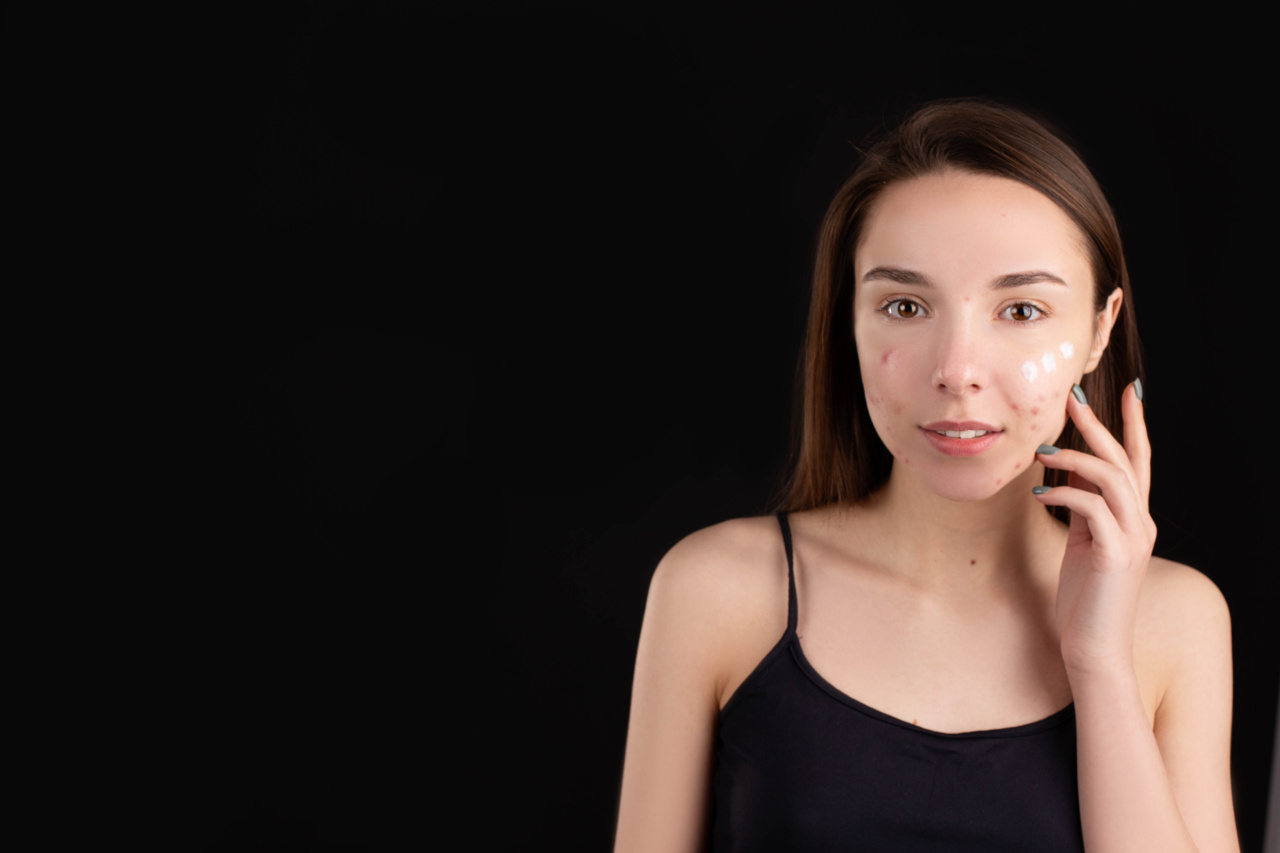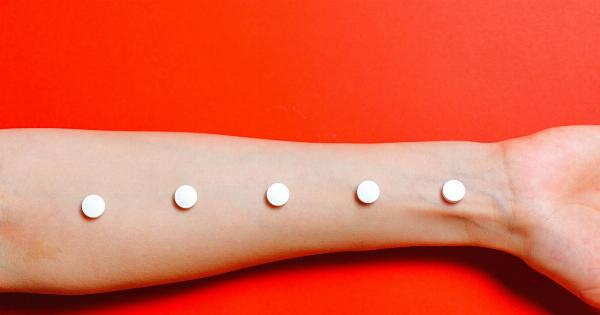Living with skin issues can be tough. Not only do they affect your appearance, but they can also impact your self-esteem and mental health. Luckily, there are ways to combat the most common blemishes like acne, herpes, and eczema.
In this article, we will explore the causes, symptoms, and treatment options for each of these skin conditions.
Acne
Acne is a skin condition that affects people of all ages, but it is most common during puberty. It occurs when hair follicles become clogged with oil and dead skin cells. This leads to the formation of whiteheads, blackheads, pimples, and cysts.
Causes of Acne
The main cause of acne is an increase in hormones called androgens. Androgens cause the oil glands in the skin to produce more oil, which clogs the pores. Other factors that can contribute to acne include genetics, bacteria, and certain medications.
Symptoms of Acne
The symptoms of acne vary depending on the severity of the condition. Mild acne may present as blackheads or whiteheads, while moderate to severe acne can cause painful pimples, cysts, and nodules.
Acne can also result in scarring and hyperpigmentation if left untreated.
Treatment Options for Acne
Acne can often be managed with over-the-counter treatments like benzoyl peroxide, salicylic acid, and topical retinoids. In more severe cases, prescription medications like antibiotics, oral contraceptives, and isotretinoin may be necessary.
It is also important to maintain a healthy skincare routine and avoid irritating the skin with harsh products or touching the face with dirty hands.
Herpes
Herpes is a viral infection that affects the skin and mucous membranes. It is caused by the herpes simplex virus (HSV) and can be either HSV-1 or HSV-2. Herpes can appear as cold sores on the mouth or genitals, or as blisters on the skin.
Causes of Herpes
Herpes is highly contagious and can be spread through direct contact with someone who has the virus. It can also be transmitted through oral, vaginal, or anal sex. Once a person is infected with herpes, the virus remains in the body for life.
Symptoms of Herpes
The symptoms of herpes include itching, burning, and tingling sensations in the affected area. This is followed by the appearance of small, painful blisters that can burst and form ulcers.
The blisters and ulcers can last for several days to a few weeks before healing.
Treatment Options for Herpes
There is no cure for herpes, but antiviral medications like acyclovir, valacyclovir, and famciclovir can help to manage symptoms and reduce the frequency of outbreaks.
It is also important to practice safe sex and avoid close contact with others during outbreaks to prevent the spread of the virus.
Eczema
Eczema is a chronic skin condition that results in inflammation and itching. It can occur at any age, but is most common in children. Eczema can appear on any part of the body and can cause red, scaly, and itchy patches of skin.
Causes of Eczema
The exact cause of eczema is unknown, but it is thought to be related to a combination of genetic and environmental factors. Eczema can be triggered by allergens, irritants, stress, and changes in temperature or humidity.
Symptoms of Eczema
The symptoms of eczema include dry, itchy, and red patches of skin that can become rough and scaly. In severe cases, the skin can become cracked and bleed. Eczema can also cause skin discoloration and scarring if left untreated.
Treatment Options for Eczema
Treatment for eczema focuses on reducing inflammation and relieving itching. This can be done with topical creams and ointments that contain corticosteroids, as well as non-steroidal creams like tacrolimus and pimecrolimus.
It is also important to keep the skin moisturized with gentle, fragrance-free products and to avoid any triggers that may exacerbate symptoms.
Conclusion
Blemishes like acne, herpes, and eczema can be frustrating to deal with, but they can be managed with the right treatment plan.
By understanding the causes and symptoms of each condition, you can work with your healthcare provider to find the best treatment options for your individual needs. With a little patience and persistence, you can achieve clearer, healthier skin.





























